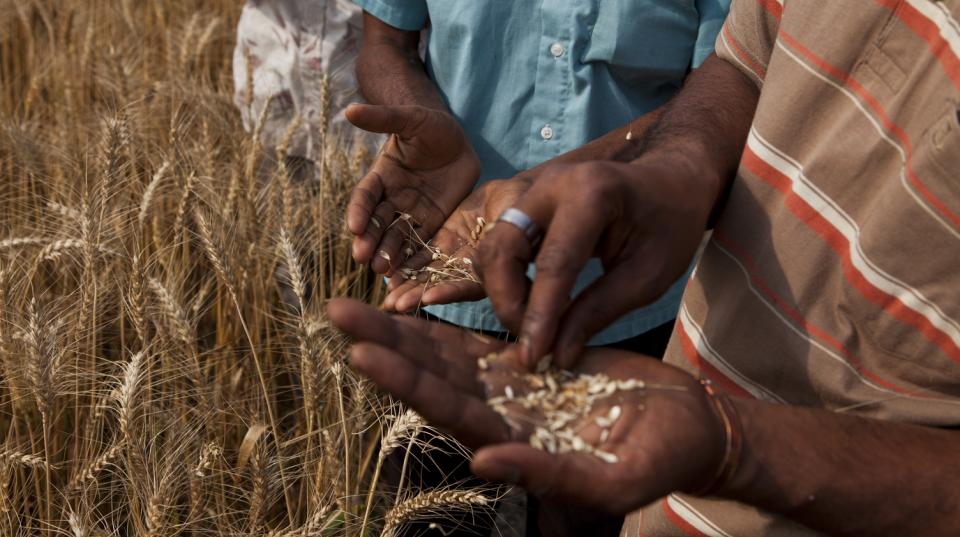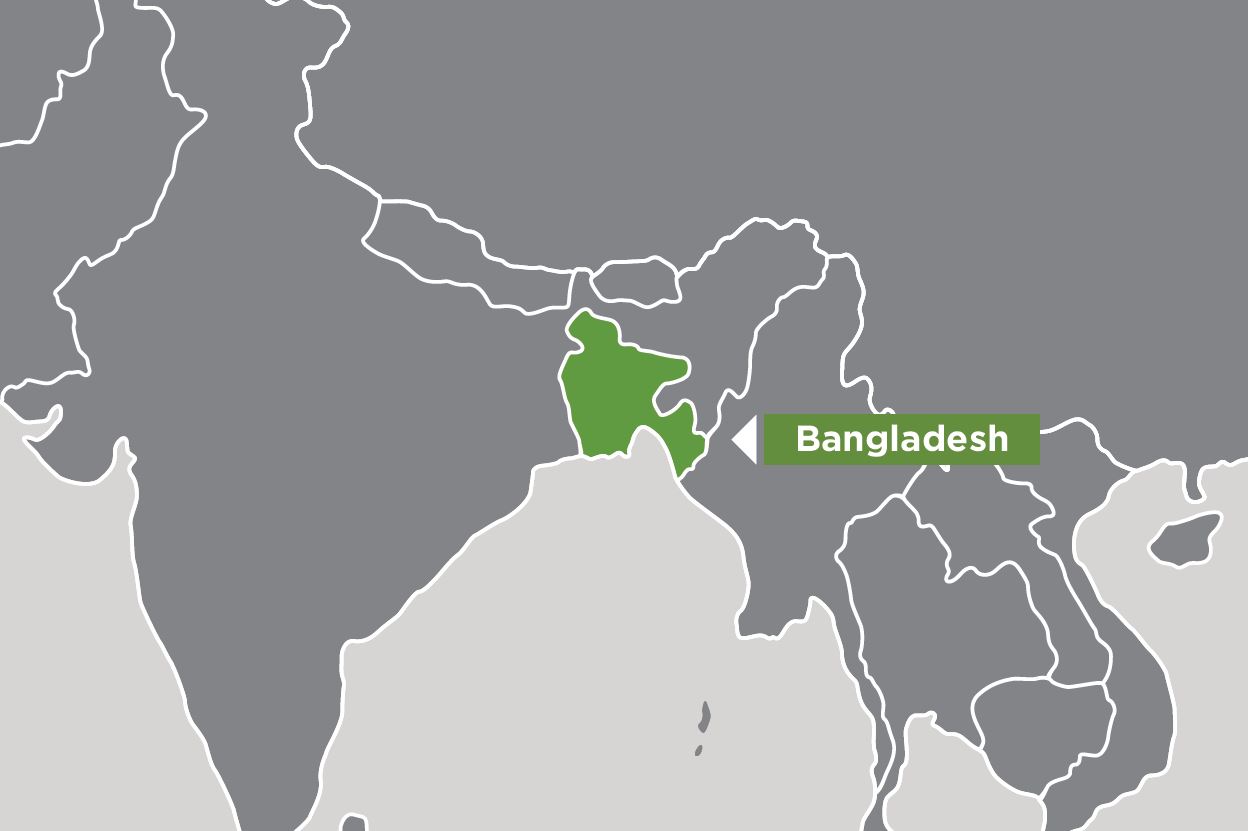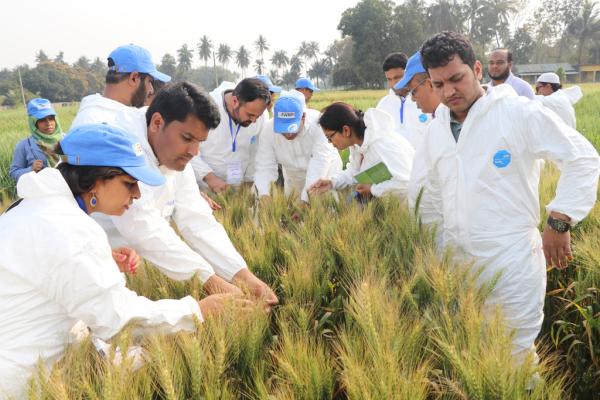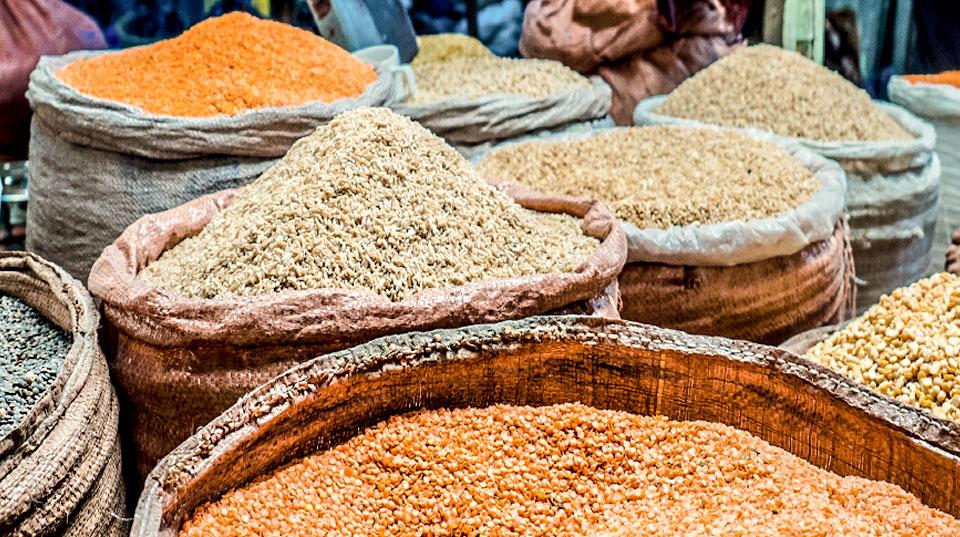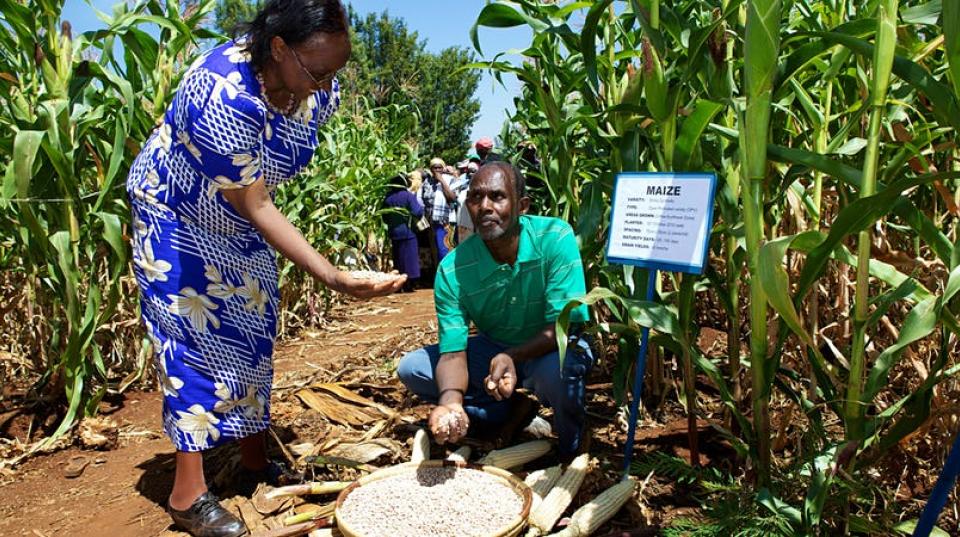Overview
This project aimed to address the threat to wheat production caused by wheat blast in Bangladesh and South Asia by deploying resistant wheat varieties.
With over 160 million people, Bangladesh is one of the world’s most densely populated countries. Wheat is the country’s second most important staple food after rice.
In February 2016, scientists notified the Government of Bangladesh of an outbreak of wheat blast (WB), a wheat disease caused by fungal pathogen Magnaporthe oryzae Triticum (MoT). The outbreak, the first outside of South America, was rapid and large scale, causing significant crop losses to small-scale farmers.
Most importantly, this first appearance of a highly-virulent form of MoT in South Asia represented a serious potential threat for the entire region, which is home to 300 million undernourished people and whose inhabitants consume over 100 million tonnes of wheat each year. WB could spread and seriously threaten food security and livelihoods in South Asia. This project aims to help meet this threat.
Project outcomes
- Wheat production in Bangladesh will become more resilient to blast incidence through widespread adoption of blast resistant cultivars. Germplasm development is targeted for Bangladesh, but elite breeding lines are likely suitable to other South Asian countries, especially for areas vulnerable to WB, as they tend to have similar environmental conditions.
- Resistant germplasm, genes and markers, and genetic information developed through this project will be shared with all South Asian national wheat breeding programs and others, thereby enhancing the impact of this project. Researchers and farmers will gain a better understanding of disease control strategies through the example of blast, enhancing their capacity to cope with diseases and strengthening human capacity and scientific infrastructure to deal with disease epidemics.
- Equipment and facilities from this project will prove helpful for future wheat breeding, research and training activities.
- Adoption by farmers of superior WB resistant varieties will make wheat production more stable, reduce farmers’ risks and reliance on fungicides and improve food security. This, in turn, could contribute to an increase in wheat production, as prioritised by the Government of Bangladesh.
